146 – The International Paralympic Committee’s Commitment to Clean Sport – Jude Ellis
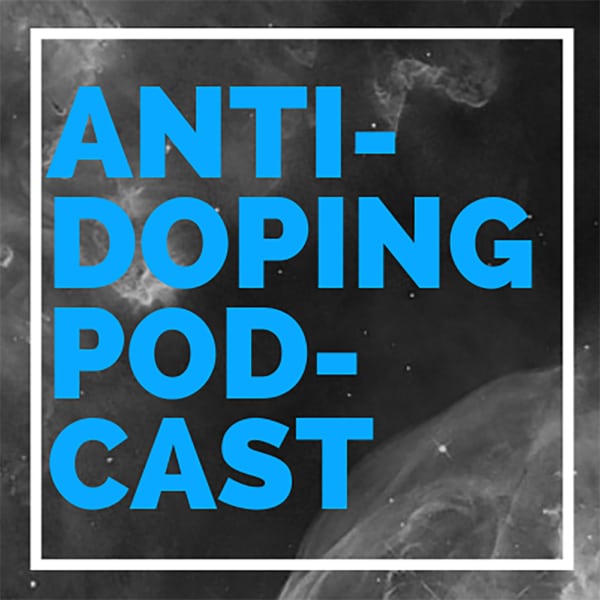
This episode features Jude Ellis, Head of Anti-Doping at the International Paralympic Committee (IPC). She discusses her background, the history of the IPC, and the IPC’s Anti-Doping team’s responsibilities for the Paralympic Games and beyond. Our conversation also gives a brief overview of the IPC Code and covers major accomplishments related to recent anti-doping testing surrounding the 2024 Paralympic Games in Paris.
Support This Podcast
Interested in sponsoring the Anti-Doping Podcast or have a guest recommendation?
25 – Detecting and Deterring Growth Hormone Abuse in Sport – Richard Holt, PhD, FRCP, FHEA
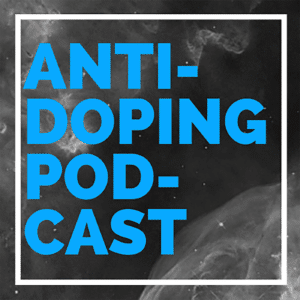
Dr. Richard Holt is Professor in Diabetes and Endocrinology within Medicine at the University of Southampton. In our interview, he discusses what growth hormone is, its normal physiological functions, the mechanisms through which it may enhance athletic performance, potential side effects and dangers of doping with growth hormone, challenges in detecting growth hormone abuse, the history of growth hormone testing in sport, the new innovative growth hormone testing methods he has helped develop, and more.
24 – Using P-III-NP as a Biomarker to Detect Growth Hormone Doping – Danielle Moncrieffe, PhD
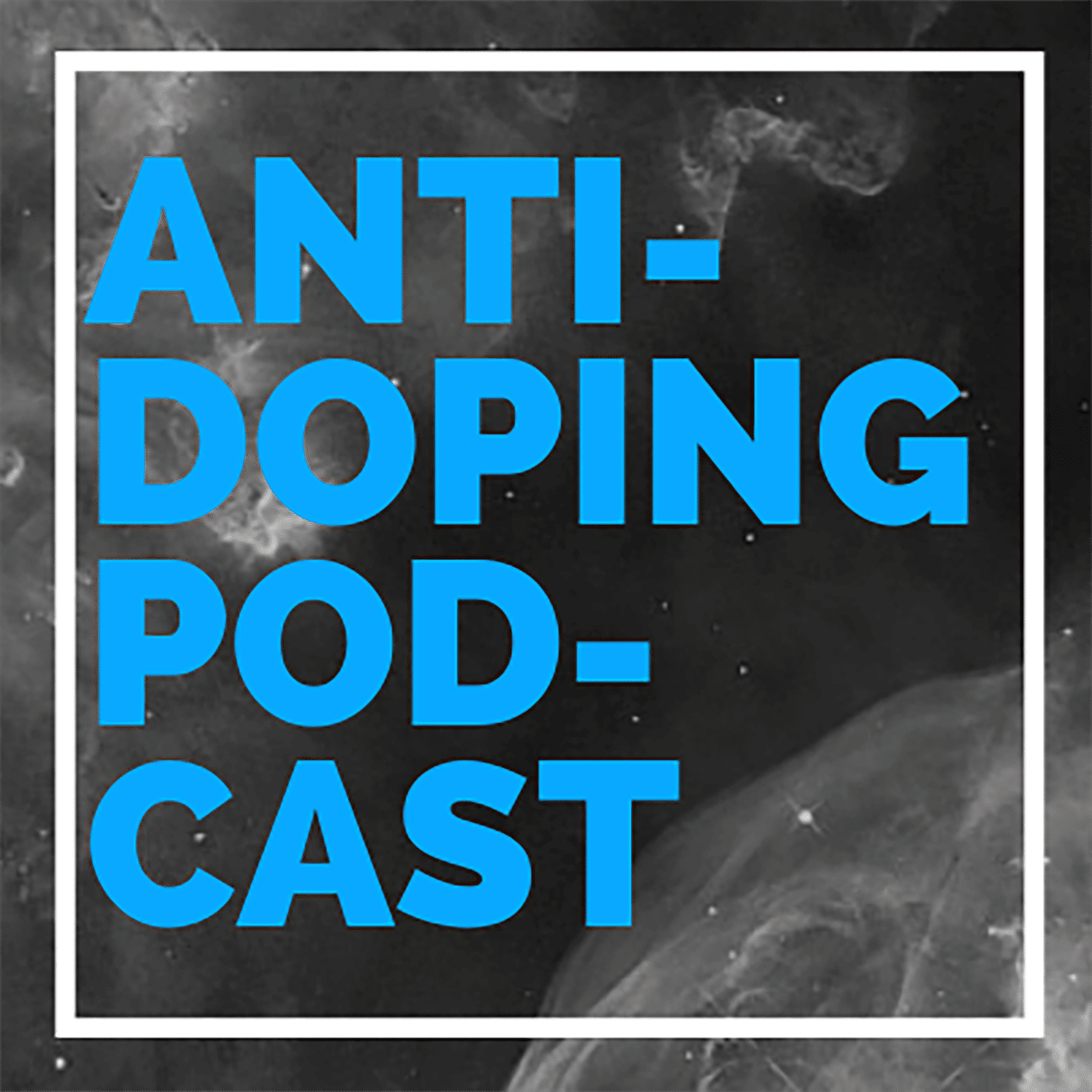
Danielle Moncrieffe, PhD is a Research Associate and Partnership for Clean Competition Research Fellow at the Drug Control Centre at King’s College London. She has been developing novel liquid chromatography methods to detect growth hormone doping by quantifying the biomarker procollagen III amino-terminal propeptide (P-III-NP). Danielle explains what P-III-NP is, its clinical relevance, and its relevance in anti-doping. She also shares her experiences as a PCC Fellow and the benefits of this fellowship.
23 – Breath Testing Technology and Other Novel Methods to Detect Doping – Mario Thevis, PhD
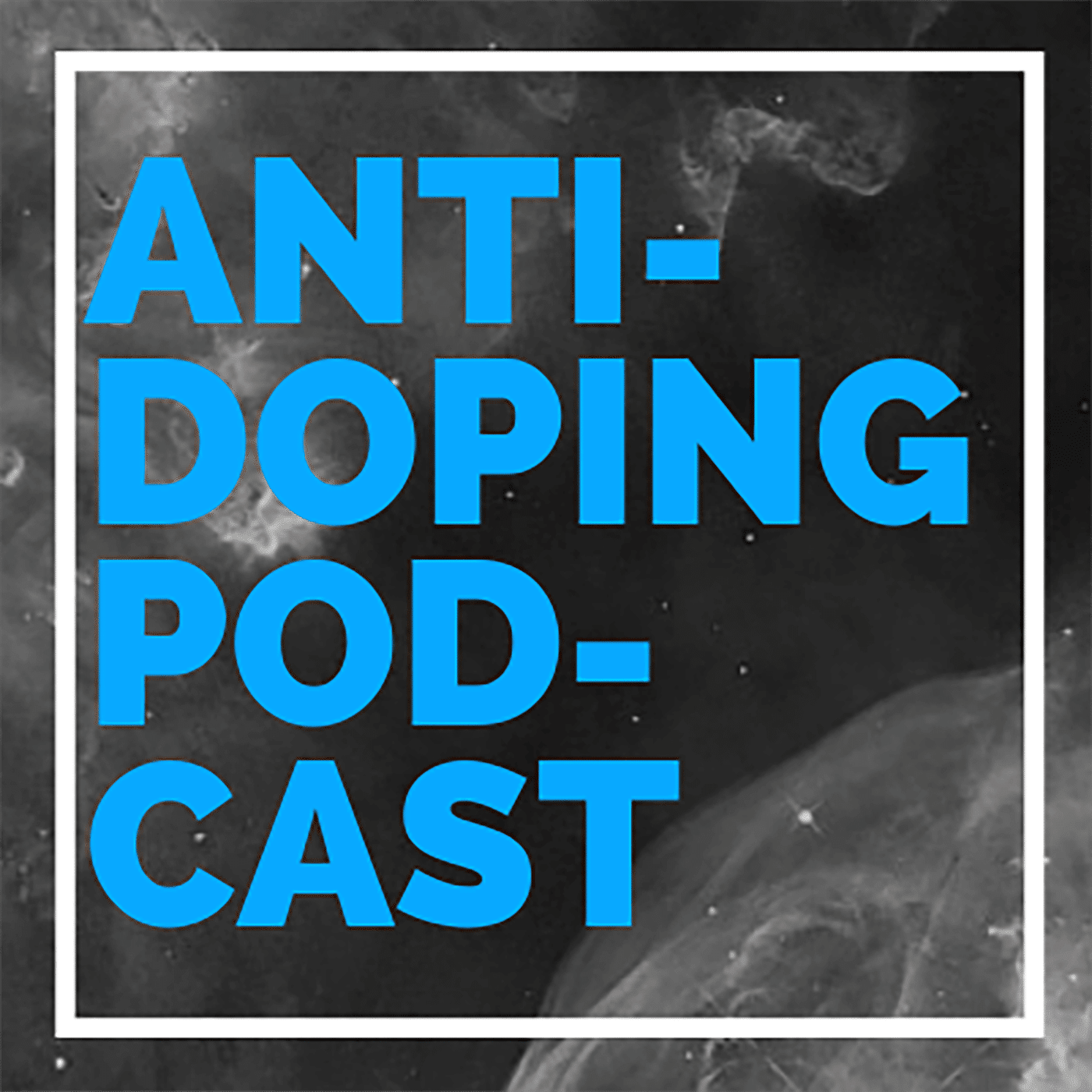
Dr. Mario Thevis is Vice President of Research, Professor, and Head of the Centre for Preventive Doping Research at the German Sport University of Cologne. He is also Director of the European Monitoring Center for Emerging Doping Agents, a forensic chemist, Editor-in-Chief of Drug Testing & Analysis, and a PCC scientist. He discusses challenges detecting microdosing of prohibited substances, new drug tests being developed using exhaled breath samples, recent breath testing field trials, and more.
22 – Doping Issues and Anti-Doping Programs in Horseracing – Tessa Muir
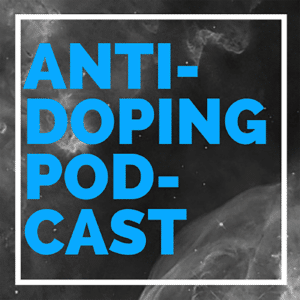
Dr. Tessa Muir, B.V.Sc., is the former Anti-Doping Manager at British Horseracing Authority. She is an equine veterinarian, a Veterinary Officer with the British Army, and a Regulatory Veterinarian at Racing Victoria. She discusses current doping issues, recent doping cases, and key anti-doping programs and strategies to detect, deter, and prevent doping in horseracing. Tessa also shares important similarities and differences between equine and human sports for anti-doping and other integrity concerns.
21 – Using Nanomaterials to Advance Anti-Doping Testing Methods – Nicolas Voelcker, PhD
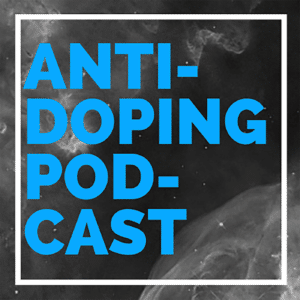
Dr. Nicolas Voelcker is Scientific Director of the Melbourne Centre for Nanofabrication, Professor at Monash University, and Science Leader at the CSIRO. He shares how applying his expertise in nanomaterials to anti-doping allowed him to work on exciting research projects and take advantage of great funding opportunities. He also describes the anti-doping testing applications of a porous silicon nanomaterial he works on, and how this material is used with mass spectrometry to detect prohibited substances.
20 – EPO Doping and the Development of Tests to Detect and Deter It – Steve Elliott, PhD
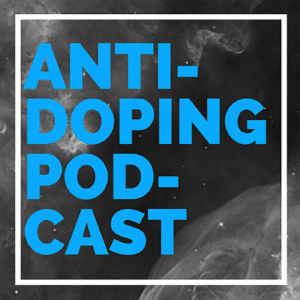
Dr. Steve Elliott is a former Scientific Executive Director at Amgen, an expert on the process of creating new red blood cells (i.e. erythropoiesis), and a champion of anti-doping. He dives into what erythropoietin (EPO) is, how it’s made in the body, the impacts of not having enough EPO, and how EPO abuse can enhance athletic performance. We also cover tests developed to detect EPO and recombinant EPO abuse, and the red flags scientists look for to determine if athletes have been doping with EPO.
19 – Sports Writer Shares Stories and Insights About Anti-Doping Reporting – Bonnie Ford
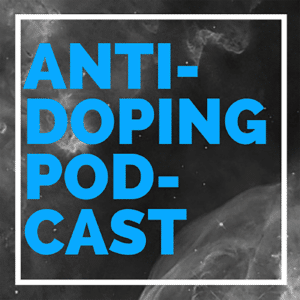
Bonnie Ford is a senior writer for ESPN.com who has over two decades of experience covering sports and anti-doping. She shares challenges associated with making anti-doping stories interesting and accessible for general audiences as well as the pressures and stresses of sports journalism. Bonnie also discusses guidelines for responsible journalism when covering sensitive anti-doping cases, potential pros and cons of making doping cases public, and the evolution of her anti-doping reporting over the years.
18 – Leading World Lacrosse and Championing Clean Sport – Jim Scherr
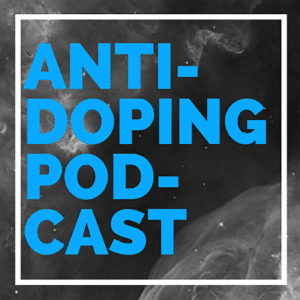
Jim Scherr is the former CEO of the United States Olympic Committee (USOC) and he is the inaugural CEO of World Lacrosse. In this interview, he talks about the history of the sport of lacrosse, current and long-term goals for World Lacrosse, lacrosse anti-doping and athlete education programs, anti-doping challenges associated with being a growing sport, his experiences as an Olympic and World Champion wrestler, his prior roles with USA Wrestling and the USOC, the evolution of anti-doping, and more.
17 – The Discovery and Development of Selective Androgen Receptor Modulators – Jim Dalton, PhD
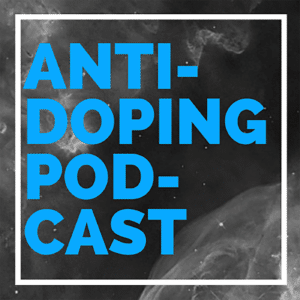
Dr. Jim Dalton is Dean and Professor of Pharmaceutical Sciences in the College of Pharmacy at the University of Michigan. He breaks down what exactly selective androgen receptor modulators (SARMs) are, how they work, and how they are being used for both therapeutic and doping purposes. He also talks about barriers to getting FDA approval of SARMs, issues with supplements containing SARM contaminants, and his experiences being on the PCC’s Scientific Advisory Board with other leading anti-doping scientists.
16 – Dried Blood Spots and Other Alternative Sampling Methods – Daniel Eichner, PhD
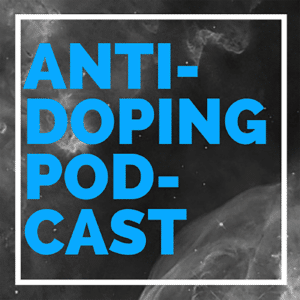
Dr. Daniel Eichner is President and Director of the Sports Medicine Research & Testing Laboratory (SMRTL) in Salt Lake City. He discusses the benefits and limitations of using dried blood spot sampling and sample collection via exhaled breath and oral fluids, as well as recent field trials with these technologies. He also shares his experiences running a WADA-accredited lab that does research and routine testing, developing new tests for biomarkers of doping, and current anti-doping research priorities.
15 – Life as a Doping Control Officer – Matt from Drug Free Sport International
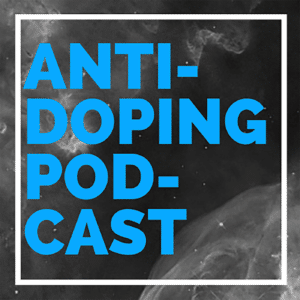
Matt is a Doping Control Officer (DCO) with Drug Free Sport international, and he shares a candid account of what it’s like to be a DCO. He discusses unexpected occurrences during doping control missions, the behind-the-scenes roles and responsibilities of DCOs working in the field, the rigorous training process required to become a DCO, the variety of challenges he faces in collecting and protecting the integrity of samples, improvements in doping control processes and technology over time, and more!
14 – Anti-Doping Psychology and Addressing Misconduct in Sport – Dr. Kelsey Erickson
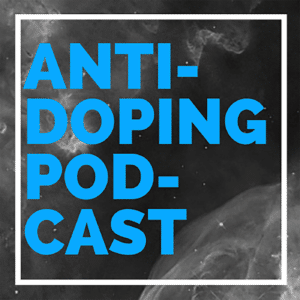
Dr. Kelsey Erickson is the SafeSport Director at USA Cycling and an expert on the psychology of doping and whistleblowing. She discusses the process of reporting misconduct in sport through the SafeSport program, evidence-based doping education, how the people and the environment surrounding athletes impact athletes’ behavior, the bystander effect, using research to inform policies and platforms for whistleblowing, and challenges in translating academic research to applications in the real world.
13 – Whistleblowers Who Helped Reveal Doping in Russian Sport – Yulia Stepanova and Vitaly Stepanov
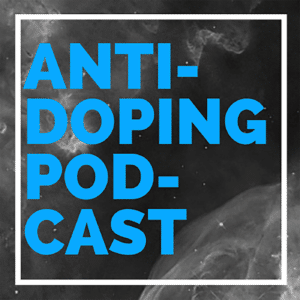
Yuliya Stepanova is an elite runner who specializes in the 800m track event, and Vitaly Stepanov is a former employee of the Russian Anti-Doping Agency. Both served as whistleblowers helping to expose doping and related issues in sport in Russia. They discuss their firsthand experiences being an athlete and working within a system that supported doping in sport, the challenges and consequences of being whistleblowers, the impacts of their actions, what they wish they had done differently, and more.
12 – Advances in Blood Doping Detection and Analysis – Nikolai Nordsborg, PhD
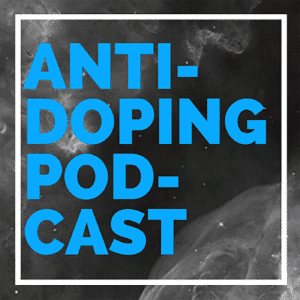
Nikolai is Associate Professor and Head of the Integrative Physiology Section within the Department of Nutrition, Exercise and Sports at the University of Copenhagen. He shares his cutting-edge research on autologous blood transfusion that shows that even small amounts of blood (i.e. 1/2 bag) enhance performance. He also discusses biomarkers for blood doping, dried blood spot tests for testosterone esters, and the importance of developing high-performance environments to solve big problems in anti-doping.
11 – Banned Substance Scandals in Swimming and Sports Media Issues – Tracey Holmes
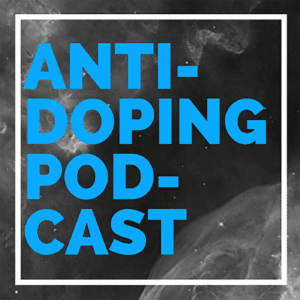
Tracey Holmes is a senior reporter/presenter at the Australian Broadcast Corporation’s News Channel, and she presents a weekly program called The Ticket that gives a deep dive into various sports topics. In this episode, she shares the facts surrounding the clash between swimmers Mack Horton and Sun Yang, doping allegations against Australian swimmer Shayna Jack, issues in sport governance, challenges getting people to share stories with the media, challenges with the anti-doping judicial system, and more.
10 – Corruption, Betting, Match Fixing, and Doping in Esports – Ian Smith and Michele Verroken

Ian Smith is Esports Integrity Commissioner at The Esports Integrity Coalition and owner of Sports Integrity Matters. Michele Verroken is Founding Director of Sporting Integrity and Director and Anti-Doping Adviser at The Esports Integrity Coalition. They cover issues related to corruption, betting, match fixing, and doping in esports (e.g. Adderall and marijuana). We also discuss differences in anti-doping programs for esports, innovations in esports drug testing, and common misconceptions about esports.
09 – UFC and USADA Partner to Protect Clean Competition – Adam Woullard
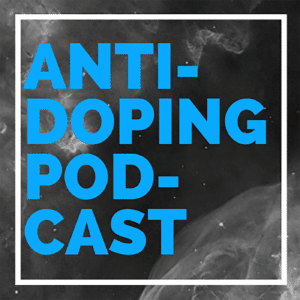
Adam Woullard is a leading sports communication and PR expert, as well as the Director of Communications for the U.S. Anti-Doping Agency (USADA). Adam shares how USADA is working with the Ultimate Fighting Championship (UFC) to administer anti-doping programs and ensure clean competition. He also discusses the recent expansion of the UFC’s anti-doping program, how he got involved in the anti-doping movement, and current challenges in keeping up with advances in anti-doping science and doping methods.
08 – Anti-Doping and the Fight for Olympic Gold in Cross-Country Skiing – Beckie Scott

Beckie Scott is Canada’s most decorated cross-country skier, CEO of the sport for development organization Spirit North, and Chair of the World Anti-Doping Agency (WADA) Athlete Committee. In this episode, Beckie talks about the early experiences that sparked her passion for cross-country skiing, being upgraded from a bronze to a gold Olympic medal due to doping competitors, the WADA Anti-Doping Charter of Athlete Rights, and her work to engage and inspire indigenous youth and communities through sport.
07 – Athlete Rights and the Formation of Global Athlete – Rob Koehler

Rob Koehler is currently Director General of a new organization called Global Athlete, and he formerly served as the World Anti-Doping Agency Deputy Director General. He talks about how Global Athlete is working to protect athlete rights, the importance of including athletes in conversations about sports policy, the process of establishing a global network of anti-doping organizations, and how the anti-doping community can transition from a reactive to a proactive approach to addressing issues.
06 – Anti-Doping Science and Programs at USADA – Matthew Fedoruk, PhD
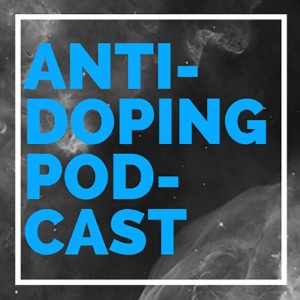
Dr. Matt Fedoruk is Chief Science Officer at the U.S. Anti-Doping Agency (USADA). In this episode, he talks about the events leading up to the formation of USADA, common misconceptions about evidence in anti-doping rule violation cases, building an accredited anti-doping testing laboratory in Vancouver for the 2010 Winter Olympics and Paralympics, key anti-doping programs at USADA, challenges that accompany advances in anti-doping technology, and improving the science on deterring athletes from doping.
05 – Sports Communication and the Emergence of the Athlete Voice – Ben Nichols

Ben Nichols is a leading global sports communication expert and Founder of Ben Nichols Communications. In this interview, he talks about the emergence of the athlete voice, challenges in navigating the complexities of anti-doping cases in sports communication, the importance of face-to-face communication, and his experiences working with a wide variety of sport leagues, sponsors, and anti-doping organizations over the years.
04 – Challenges with Corruption and Doping in Sport – David Howman

David Howman is currently Chair of the Board of Directors at Athletics Integrity Unit, and he is the former Director General of the World Anti-Doping Agency or WADA. He has also been named Companion of the New Zealand Order of Merit for his services to sport. In this episode, David talks about the formation of the Athletics Integrity Unit, corruption and doping issues in sport, his experiences being a leader at WADA, and the benefits and challenges of the global nature of anti-doping.
03 – World’s Fastest Female Marathon Runner Champions Anti-Doping – Paula Radcliffe

Paula Radcliffe is an accomplished long-distance runner, and among her many achievements, she holds the distinction of being the Women’s World Marathon Record holder for over 15 years. Paula shares some of her experiences as an elite athlete related to undergoing anti-doping testing, recovering from multiple injuries to continue competing, and becoming a champion of the anti-doping movement.
02 – Major League Baseball Drug, Health, and Safety Programs – Jon Coyles

Jon Coyles is Vice President of Drug, Health, and Safety Programs at Major League Baseball (MLB). In this interview, he discusses the history of anti-doping efforts at MLB, describes current MLB anti-doping programs, and brings to light important issues related to contamination in over-the-counter vitamins and supplements that impact athletes.
01 – Using Mass Spectrometry to Analyze Samples and Detect Doping – David Cowan, PhD

Dr. David Cowan is Professor Emeritus in the Department of Environmental, Analytical, and Forensic Science at King’s College London. He is also an Officer of the Most Excellent Order of the British Empire for services to anti-doping science, as well as a world-renowned expert on drug detection and anti-doping. David discusses current research projects, real-world applications of his anti-doping research, and some of the major challenges in the field of anti-doping.